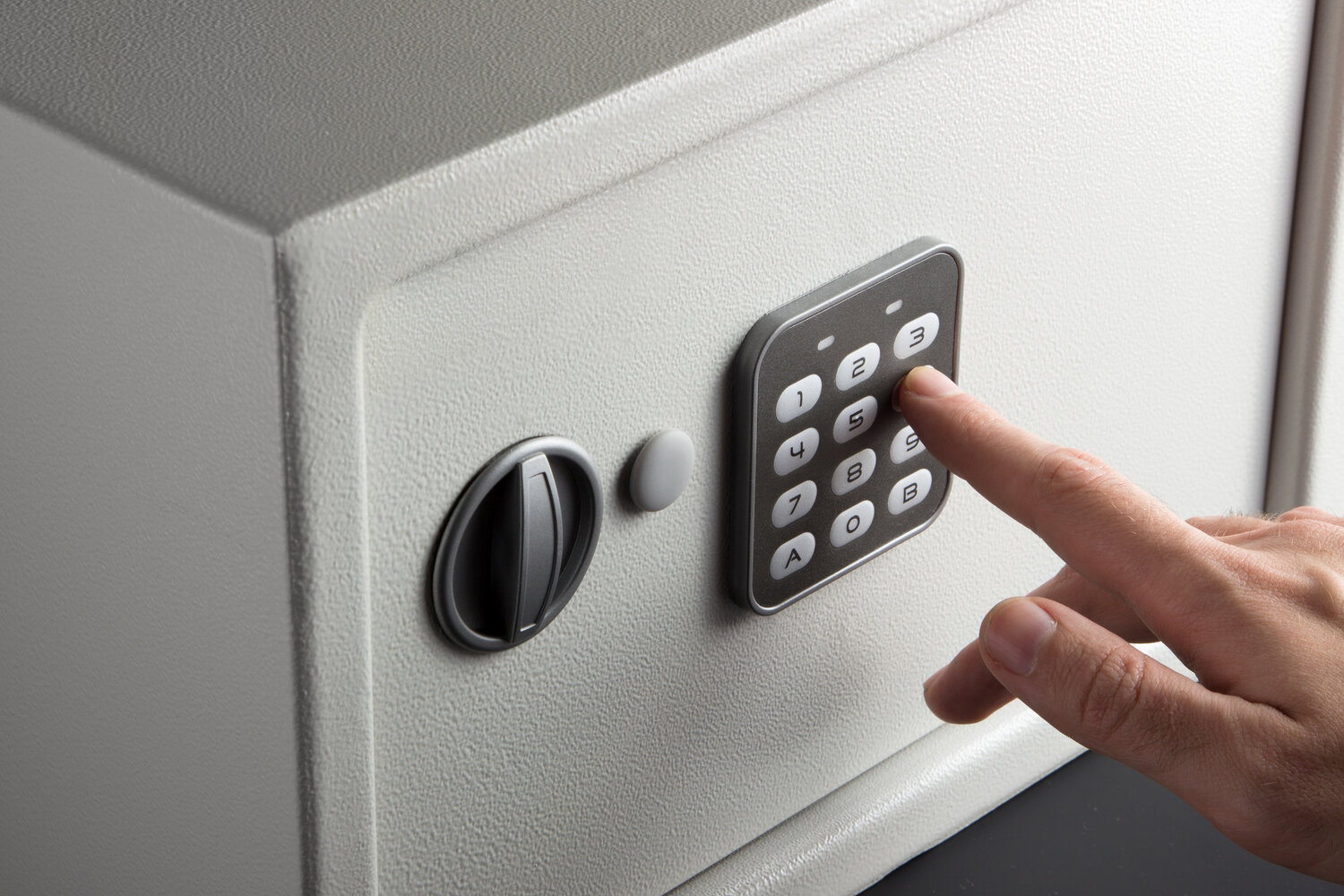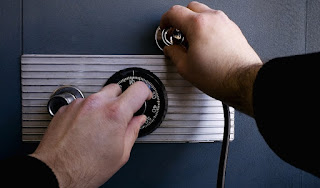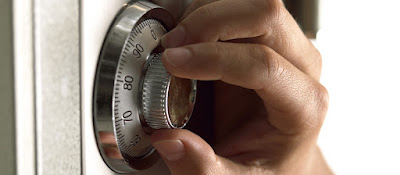Unlocking Security: The Significance Of A Safe Opener
In a world where safety and security are paramount, the need for effective and reliable safe openers cannot be overstated. Safes play a crucial role in protecting valuable assets, sensitive documents, and cherished possessions from theft, fire, and other potential hazards. However, with evolving technologies and innovative approaches, the importance of a professional safe opener that combines efficiency and security has become more apparent than ever before.
In this blog, we will explore the significance of a safe opener and the factors to consider when choosing one to safeguard your valuables.
The Evolution of Safes and Safe Openers
The history of safes dates back to ancient civilisations, where early forms of secure storage were used to protect valuables from intruders. Over time, safes have evolved from simple wooden chests to sophisticated metal vaults with advanced locking mechanisms. As safes became more intricate, the need for equally adept safe openers emerged to address the challenges of accessing the contents inside without compromising security.
Understanding Safe Openers
A safe opener is a specialised tool or device designed to access the contents of a safe without using the original combination or key. There are various types of safe openers available, ranging from traditional mechanical tools to modern electronic devices. Each type of safe opener caters to different types of safes and security systems.
The Importance of a Reliable Safe Opener
Emergency Situations: In situations where the original safe key or combination is lost, damaged, or stolen, a reliable safe opener can be the difference between accessing vital documents and assets or facing a significant setback.
Professional Locksmiths: Locksmiths and security professionals often require safe openers to assist clients who have forgotten their safe combinations or need access to safes without their original keys.
Security Testing: Security experts may use safe openers to test the vulnerability of safes and identify potential weaknesses that need improvement.
Law Enforcement and Investigations: In law enforcement or investigative scenarios, safe openers can be crucial in accessing evidence and critical information stored in safes.

Factors to Consider When Choosing a Safe Opener
Selecting the right safe opener is essential to ensure that your safe can be accessed securely when necessary. Here are some key factors to consider before choosing a safe opener:
Type of Safe: Different safes require different types of safe openers. Some safes have traditional mechanical locks, while others utilise electronic keypads or biometric systems. Ensure that the safe opener you choose is compatible with the type of safe you own.
Security Level: Consider the security level of the safe opener itself. You want a reliable and trustworthy tool that won't compromise the safety of your valuables.
Certifications and Standards: Look for safe openers that meet industry standards and certifications for security and reliability.
Professional Use: If you're a locksmith or security professional, invest in high-quality, professional-grade safe openers that can withstand regular use and ensure client satisfaction.
Ease of Use: Choose a safe opener that is easy to operate and doesn't require extensive training or technical knowledge to use effectively.
Conclusion
A safe opener is a vital tool that ensures access to safes in various scenarios, from emergencies to security testing and law enforcement situations. As safes and security systems continue to evolve, so does the need for innovative and reliable safe openers. When choosing a safe opener, consider the type of safe you own, the security level of the tool itself, and certifications to guarantee a secure and successful unlocking process. Investing in a quality safe opener is not only a matter of convenience but a significant step in safeguarding your most valuable assets and maintaining peace of mind in times of uncertainty.


Comments
Post a Comment